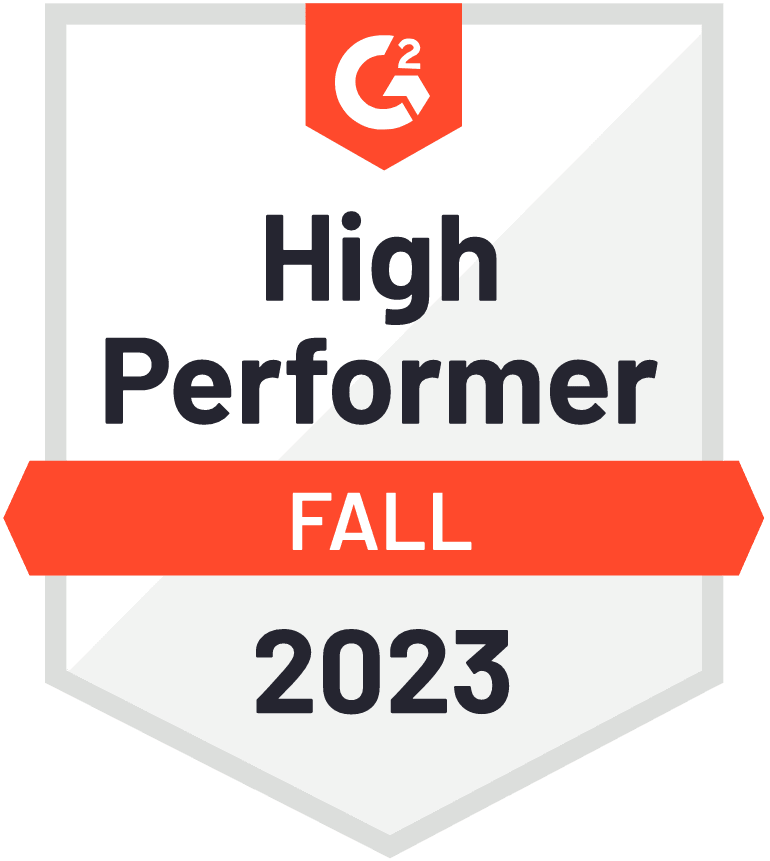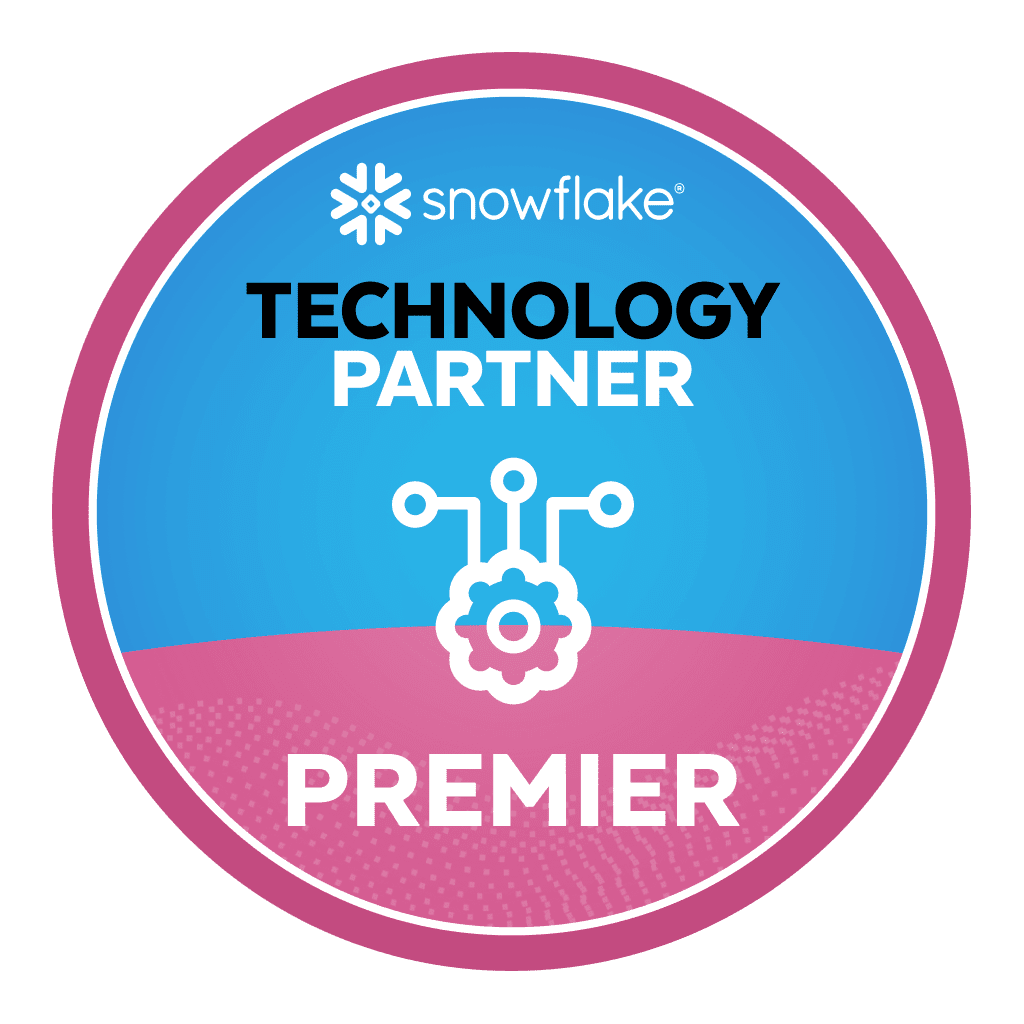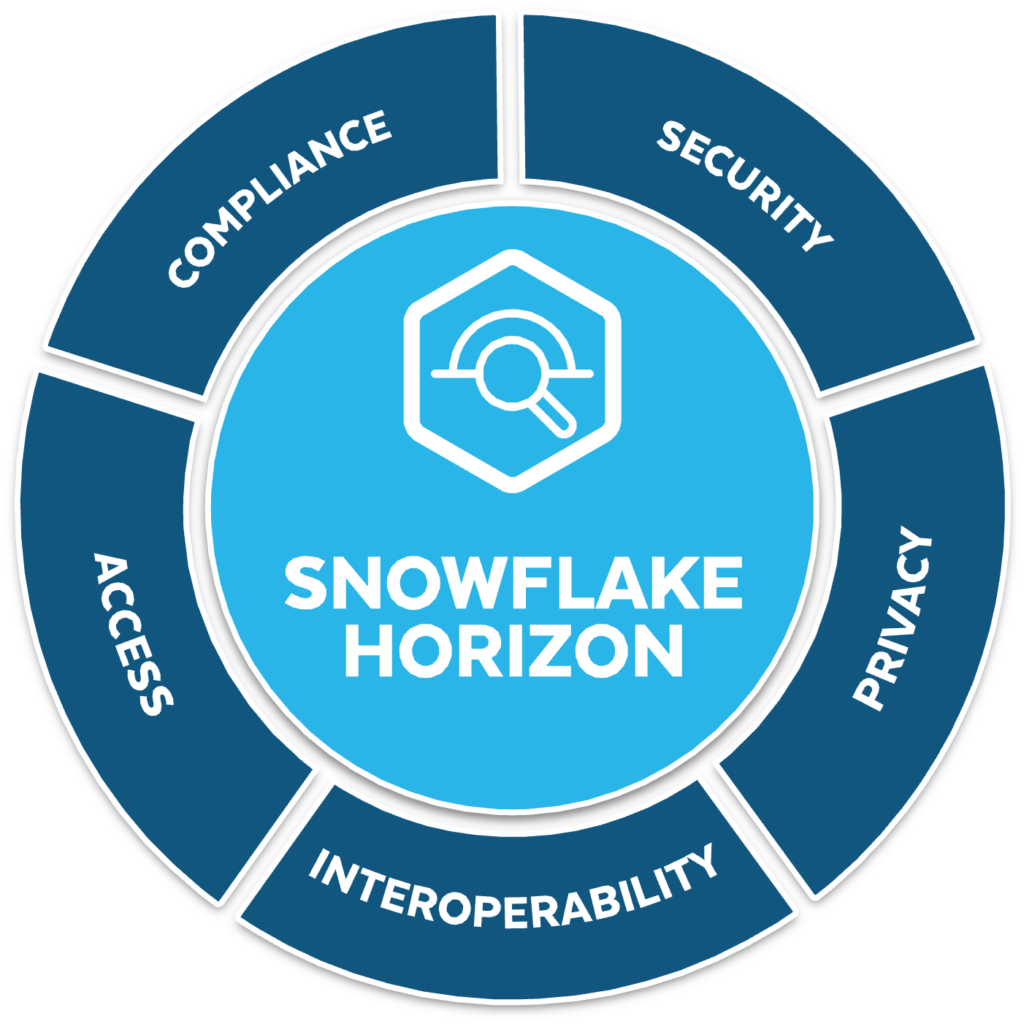One of the best ways to achieve efficiency is through DataOps, a methodology steeped in data analytics and lean manufacturing principles developed since the end of World War II. However, as computers and the Internet have become more dominant, DataOps is more essential than ever to keep organizations competitive, sustainable, and working at peak efficiency.
But even if you implement DataOps well, what about keeping your organization and its data secure?
In this article, you will learn about:
What is DataOps?
DataOps (or Data Operations) began as a set of manufacturing methodologies developed by W. Edwards Deming, a management consultant who played a pivotal role in Japan’s post-WWII recovery.
He is often credited as one of the leading inspirations for Japan’s post-war economic miracle, with some of his ideas further influencing their recovery and development, such as product design for the sake of improving service, uniformity of product quality, improving product testing, and increasing sales through global markets.
Deming’s ideas and methodologies later influenced software development and information technology, giving rise to other processes widely used today, such as Agile methodology and lean manufacturing. DataOps, then, is the discipline of applying these principles by leveraging data analytics, automation, and machine learning to improve businesses, their processes, and the integrity of their data warehouses.
It’s important to note that DataOps is not the same as DevOps. Where DevOps is a software development methodology that focuses on continuous delivery and improvement throughout a piece of software’s lifecycle, DataOps may leverage DevOps for continuous support in managing, applying, and ensuring the integrity of relevant data.
In a world steeped in metrics and numbers, it can be overwhelming to determine where to begin, what data to manage and collect, and how to use this information. Luckily, plenty of DataOps tools act as a hub where you can control data, ensure its integrity, and provide practical insight to improve your organization’s processes and efficiency.
For a complete overview and background of DataOps, check out our comprehensive DataOps guide.
Types of DataOps Products
With so many DataOps tools, which ones are the best for your organization? All DataOps products fall into one of five categories:
All-in-One Tools
As the name implies, all-in-one tools are bundles of the components you need to create, test, deploy, and monitor data pipelines in one place. Since everything is integrated into one interface, these tools are ideal for companies that want to quickly standardize and integrate their data pipelines on a single platform. However, one of their major weaknesses is that they might not have the exact features you’re looking for in exchange for covering so many different functions.
Orchestration Tools
In contrast to all-in-one tools, orchestration tools focus on DataOps processes, especially continuous integration, delivery, testing, and monitoring of existing components. These supplementary tools plug in with existing data management systems – though their drawback stems from being constrained by the native tools they’re integrated with.
Component-Specific Tools
For organizations and data engineers who prefer more granular control of their data, component-specific tools give them the option and flexibility to add tools for whatever components they want within the data pipeline. In other words, separate products can be used for different processes like integration, configuration management, and deployment. As you can imagine, a potential weak point is making sure all the tools you use play nicely with one another.
Case-Specific Tools
Where component-specific tools focus on each part of the pipeline, case-specific tools are developed to focus on each domain within DataOps. These domains include data science, cloud migration, and data warehousing, for example. Similar to component-specific tools, they give organizations better flexibility for their data needs. Still, they share the same weakness: you must ensure these tools remain compatible for them to work in tandem.
Open Source
Since DataOps is so popular, there are plenty of open source solutions for every data pipeline component and use case. These tools are excellent for organizations who want to keep costs down, participate in developing these tools, or be able to freely tweak them to their needs.
For more information, check out our DataOps tool guide and recommendations.
What is DataSecOps?
With your organization storing, using, and interpreting data, it’s crucial to keep all of this secure.
Just as DataOps supports the continuous management and integrity of data and DevOps supports the continuous development and deployment of software, DataSecOps supports the continuous implementation and adaptation of security related to an organization’s data warehouses and pipelines.
Why is DataSecOps Important?
Since data evolves so quickly, it makes sense to have security practices and policies that keep pace. With that in mind, DataSecOps remains flexible and adapts alongside an organization’s data. This elasticity, in turn, minimizes threats to the data throughout its lifecycle and wherever it travels through your organization’s pipeline, enabling your security teams to respond quickly and effectively to any threats they encounter.
Moreover, DataSecOps plays a vital role in data democratization – in other words, it allows more people to access and use data while keeping its associated exposure risks low. The goal of DataSecOps should be to find the right balance between maximizing user access within the constraints of security concerns.
DataOps vs. DataSecOps
DataSecOps is an extension of DataOps increasing the efficiency with which data can be secured at scale. DataSecOps essentially takes the foundations and principles of DataOps and applies these to security.
A traditional DataOps process that focuses on streamlining and increasing the efficiency of data workflows, will add security but typically in the final stage as a check or audit. Conversely, DataSecOps integrates security throughout the entire process and not just in the final stages.
The inclusion of Sec into the DataOps process ensures that security is included throughout the development processes. This reduces the time and manpower necessary to ensure that all segments of the different processes are secure, resulting in a more refined solution with fewer bugs or mistakes.
Satori: As A DataSecOps Product
Satori, The DataSecOps platform enables organizations to streamline their access to sensitive data by applying codeless fine-grained access control, and by enabling data owners to apply simple access policies to their data, including self-service data access.
Read More:
Blog: Why Data Engineers Should Take a Step Back from Cloud Data Security
Conclusion
DataOps and DataSecOps are very similar as they both focus on streamlining production processes. The key difference is that DataOps focuses on the flow of data and the use of data in analytics. While, DataSecOps takes DataOps a step further by incorporating security as a continuous part of the data operations processes.



